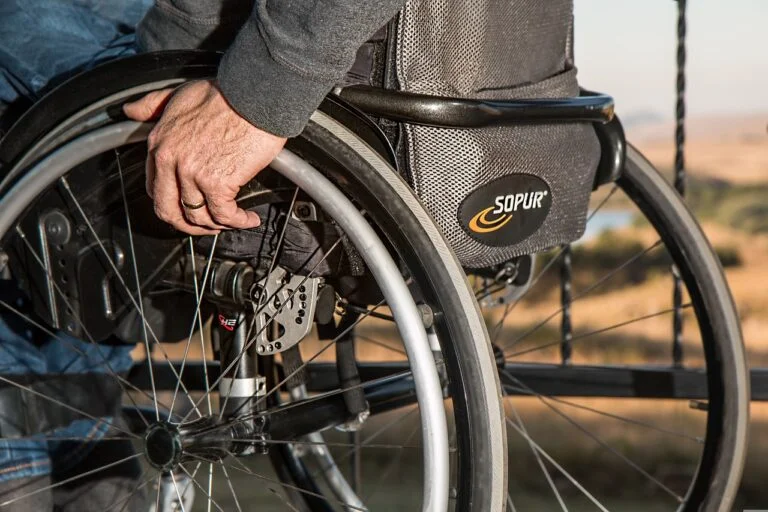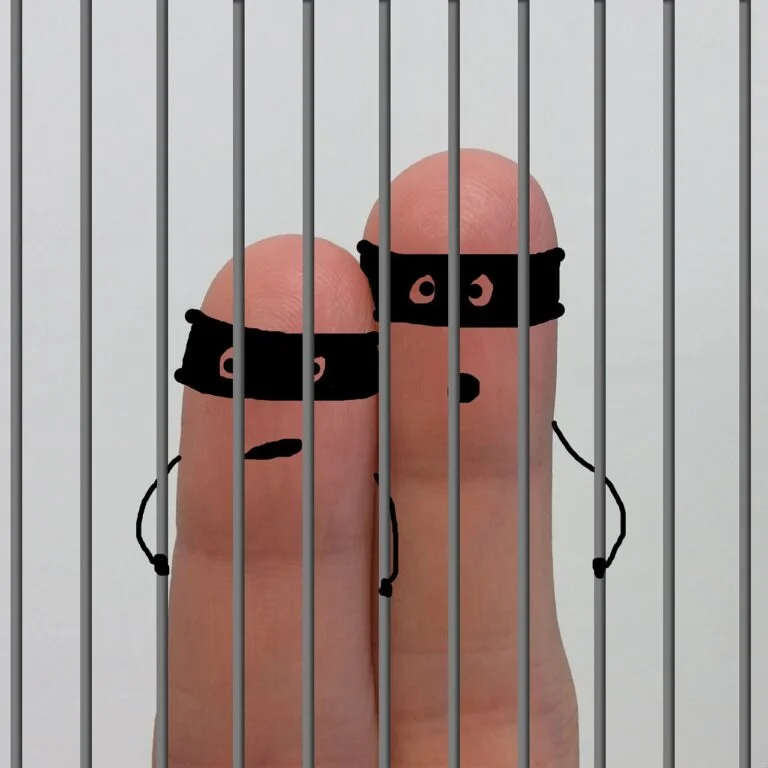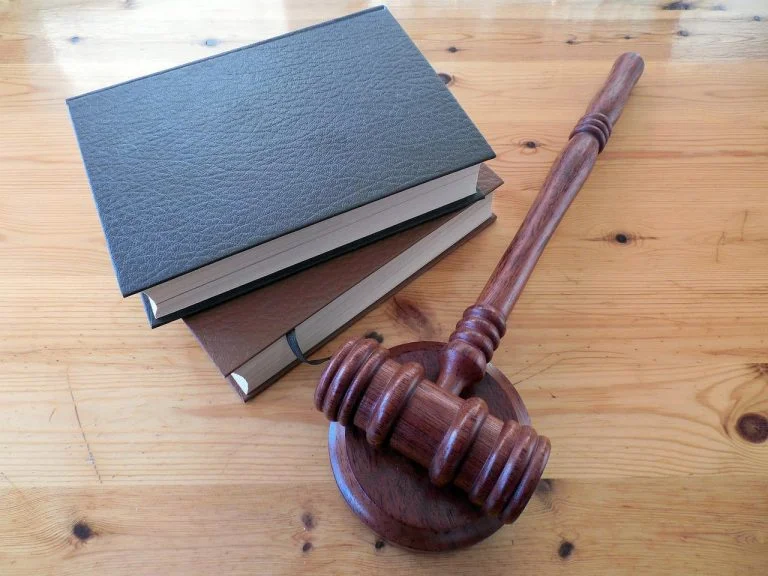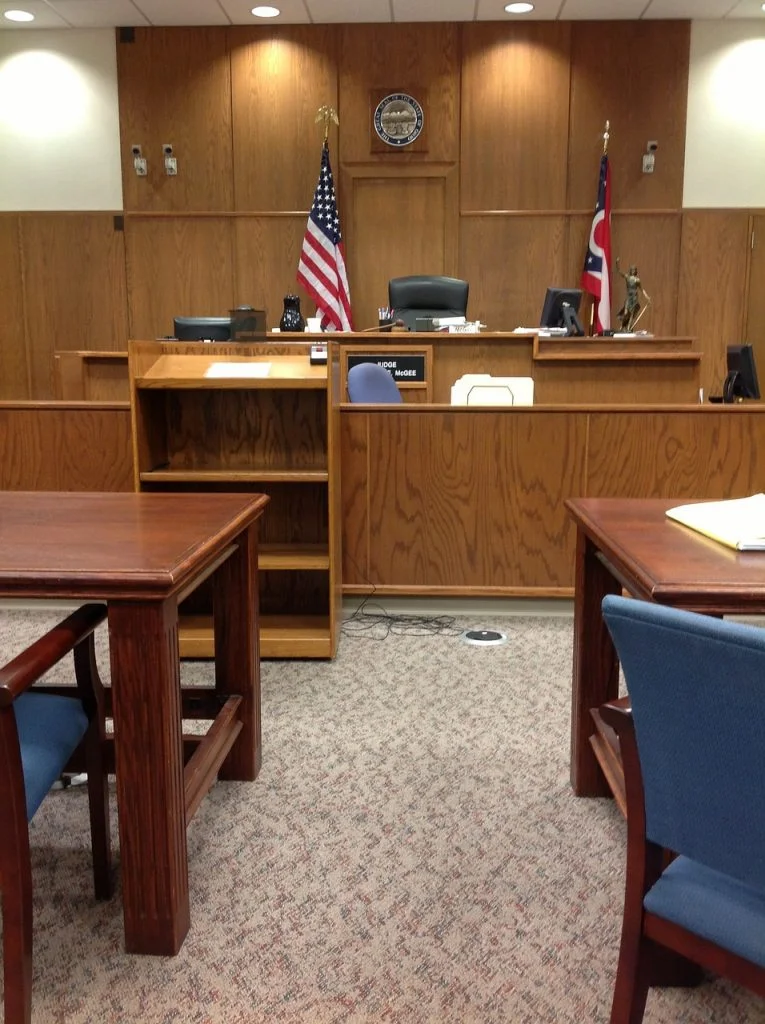Acreditar incapacidad permanente
Acreditar Incapacidad Permanente Sufrir lesiones y desarrollar una discapacidad de por vida es, sin duda, algo trágico. Sin embargo, usted puede tener derecho a una indemnización que le ayude a aliviar algunas de las presiones financieras que supone vivir en esta situación. Comprobar incapacidad total y permanente no es algo sencillo, aunque el demandante pueda demostrar fácilmente sus lesiones. Sin embargo, para demostrar la incapacidad total y permanente también requiere que el demandante demuestre cómo afectan las lesiones a su vida y a su futuro, lo que puede ser complicado, ya que requiere de pruebas y testimonios. Un abogado con experiencia puede proporcionar a un demandante la asistencia legal adecuada para así evaluar la necesidad de un testimonio experto para apoyar su demanda. Existen varias maneras de que el demandante apoye su demanda de incapacidad total y permanente con base en las lesiones sufridas. Algunas de las declaraciones críticas para apoyar el caso del demandante pueden ser las siguientes: Diagnóstico Profesional Médico Un diagnóstico oficial por parte de un médico que haya evaluado o tratado al demandante sobre sus lesiones y su incapacidad es una prueba fundamental para demostrar la incapacidad total y permanente. Dado que la demanda por incapacidad total y permanente está ligada al diagnóstico médico del demandante, se requiere el testimonio de un profesional médico en el caso. Para este requisito, el profesional médico aportaría su testimonio oficial sobre la situación médica del demandante en relación con sus lesiones. Algunos de los puntos que el profesional médico puede tratar específicamente incluyen los siguientes: el alcance de las lesiones del demandante cómo las lesiones del demandante han limitado su capacidad para realizar movimientos y actividades específicas cómo obtuvo el demandante los daños y perjuicios cómo han evolucionado las lesiones desde el momento del diagnóstico inicial Si el demandante sufre una incapacidad total y permanente por las lesiones sufridas Testimonio De Perito Profesional Si bien no es obligatorio, el testimonio de un experto profesional puede ser valioso para comprobar el impacto de las lesiones y la discapacidad en el demandante. Un experto profesional puede destacar cómo la discapacidad y las lesiones del demandante le han incapacitado para realizar el mismo trabajo que tenía antes de sufrir sus lesiones. Concretamente, un experto profesional puede completar una evaluación conocida como Evaluación de la Capacidad Funcional (FCE, por sus siglas en inglés) en nombre del demandante. Esta evaluación puede incluir la siguiente información: Si la capacidad física del demandante le incapacita para cumplir con sus responsabilidades laborales anteriores. Además, el experto profesional también puede exponer el tipo de trabajos que pueden ajustarse a la capacidad disminuida de la demandante causada por su discapacidad. Dichas limitaciones físicas pueden incluir la capacidad de agacharse, levantar objetos, permanecer de pie durante cierto tiempo, caminar una determinada distancia o realizar tareas específicas importantes para el trabajo. La capacidad psicológica del demandante, como su capacidad para concentrarse o cumplir los requisitos mentales de su anterior trabajo o qué trabajo se ajustaría a su competencia mental. El experto profesional también puede exponer los limitados puestos de trabajo disponibles para el demandante, teniendo en cuenta su situación y cómo estos trabajos difieren en cuanto a salario, disponibilidad y complejidad del puesto anterior del demandante. Asesor Personal De Salud Otro tipo de testimonio experto que puede resultar valioso para un demandante a la hora de comprobar la incapacidad total y permanente es un asesor personal de salud. Aunque una declaración de un asesor personal de salud no es necesario en una demanda, su testimonio puede ayudar al caso del demandante al poner de relieve el impacto en las necesidades futuras y la calidad de vida en función de las lesiones y la discapacidad que ha sufrido. Los asesores personales de salud son profesionales certificados que evalúan a las personas que padecen problemas de salud y lesiones crónicas, así como las necesidades de la persona en función de sus discapacidades. Concretamente, los asesores personales de salud pueden proporcionar información sobre lo que necesitaría la siguiente persona en función de las lesiones y la discapacidad que padece, entre otras cosas: Si el demandante necesitará rehabilitación o terapia y, en caso afirmativo, de qué tipo y duración prevista del tratamiento. Si el demandante necesitará atención médica de larga duración y, en caso afirmativo, su naturaleza y los profesionales que deben prestar dicha atención y cuidados médicos. Si el demandante necesitará asistencia doméstica y, en caso afirmativo, el alcance del servicio requerido y el tipo de actividades cotidianas para las que necesitaría ayuda. Testimonio Personal El testimonio del propio demandante puede ayudar a demostrar el impacto de las lesiones y la discapacidad que ha sufrido en su calidad de vida. Aunque esta declaración pueda parecer autocomplaciente, puede ayudar a proporcionar una narración personal de lo que está viviendo el demandante. Esta afirmación puede enfatizar los cambios drásticos que han traído a su calidad de vida las lesiones y discapacidades que han sufrido. Algunos de los datos que el demandante puede destacar en su testimonio sobre cómo sus lesiones y su discapacidad han afectado a su vida son los siguientes: Las limitaciones o deformidades físicas que han sufrido. Los cambios en su estado mental y los retos que suponen para sus interacciones y vidas cotidianas. Las complicaciones emocionales provocadas por su discapacidad física y sus lesiones. Se debe tener en cuenta que la incapacidad total y permanente para las demandas por lesiones personales no es lo mismo que una demanda de Seguro Social por discapacidad (SSD). Las reclamaciones por incapacidad ofrecen diferentes tipos de recursos económicos y de otro tipo. Se debe tener en cuenta que la obtención de una solicitud de SSD puede afectar a su capacidad para recibir otros tipos de compensación, como las prestaciones de compensación de los trabajadores. Demostrar suficientemente la incapacidad permanente puede repercutir drásticamente en la cantidad recuperada en una demanda por daños personales y en los daños recuperables. Un abogado experto en lesiones personales podrá ayudarle a analizar si puede tener un caso por incapacidad temporal o








